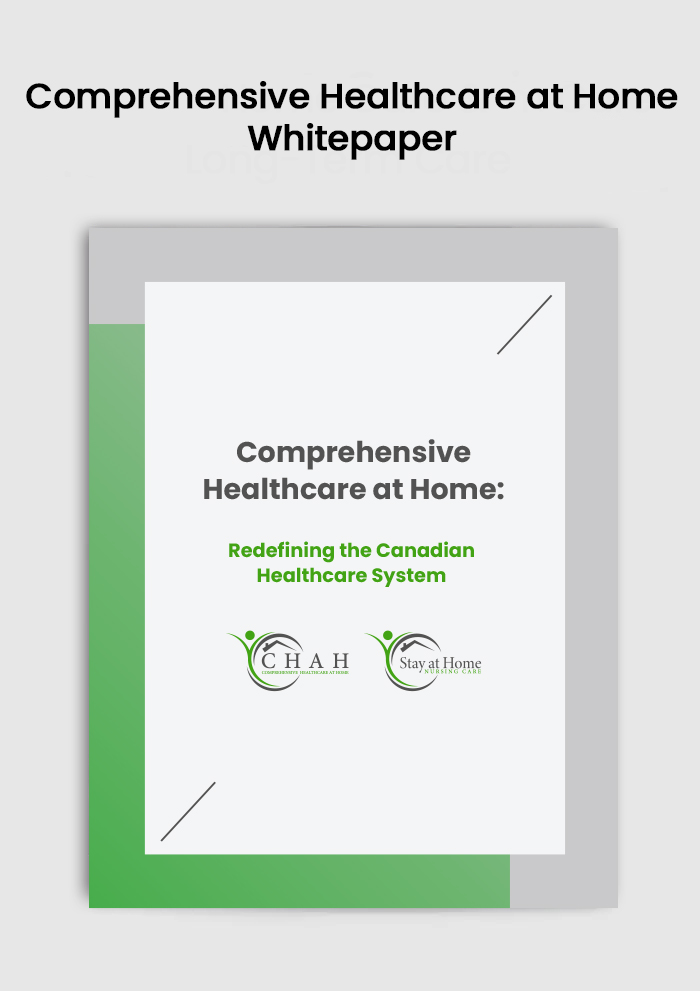Recent headlines have reignited a deeply personal question:
When is it time to seek support at home?

The sad news surrounding the final days of Gene Hackman and his wife, Betsy Arakawa, has sparked an important conversation—not just about aging, but about caregiving, independence, and the support systems we lean on during life’s most vulnerable moments.
Many are asking: Why would such an affluent and well-known couple not have regular in-home support and care?
The truth is, for many people—regardless of wealth or status—reaching out for help can feel like a deeply emotional step. In our experience within the community, we often meet members of the fiercely independent “boomer” generation who are reluctant to ask for assistance, fearing it may be seen as weakness or a loss of autonomy.
But being strong doesn’t mean doing it all alone.
Behind every story of aging at home is often an unspoken story of a caregiver—a spouse, child, or close friend—doing their best to manage a loved one’s chronic condition, such as dementia, mobility issues, or recovery from illness. Over time, that responsibility can become overwhelming.
So how do you know when it’s time to ask for help? Consider that homecare may be beneficial if you, or loved one, are:
Recovering from an illness or injury that has compromised your overall health. Receiving timely support early on in a healing journey may help to promote recovery.
Struggling with daily tasks. Reducing the overall burden of domestic chores, and the sense of overwhelm that may accompany these burdens, can free up time to do more of the things you love to do.
Experiencing changes in gait or balance. As we age, we are more at risk for falls, and falls have increasingly serious consequences that may lead to a reduction in mobility or independence. Homecare services can help monitor changes in gait or foot health, address environmental hazards in the home, and support active living and adherence to strength and balance training programs.
Having trouble managing medications or meeting nutritional needs. Having extra support in these critical areas can help prevent more serious complications that may arise from poor nutrition, or medication error.
Are experiencing confusion, memory loss, or out of character mood swings—all cognitive issues that are all exacerbated by stress. Supportive homecare intervention can help to reduce overall stress thus preventing or delaying the worsening of these symptoms. Homecare support can also aid in monitoring, and alerting family members or healthcare teams, if there are any significant changes in cognition.
Becoming lonely or isolated. Year-round social isolation increases risk factors for depression, dementia, and mortality rates. Homecare support provides routine visits, with time for a cup of tea, or a chat, or a visit to the garden. Homecare support can also facilitate making, and keeping, priority social engagements—volunteering at a local thrift store, a walking club, a bridge game, aquatic movement classes—that are important to an individual’s sense of community engagement.
For many, the prospect of requiring the additional support of homecare—either in the short- or long-term—may provoke a wide range of complex, contradictory, or difficult emotions. Confronting vulnerabilities can be daunting and the idea of requiring care may be equated with relinquishing one’s independence and privacy. It’s difficult, sometimes, to know when the moment has come to ask for outside help.
Asking for Help Is a Strength, Not a Weakness
At Stay at Home Nursing, we believe reaching out for help is not a setback—it’s a brave and proactive step forward. Whether you’re navigating this decision for yourself or a loved one, know that you are not alone. We are here to support you with compassion, expertise, and care tailored to your unique journey.
Please reach out. We’re here to help.







